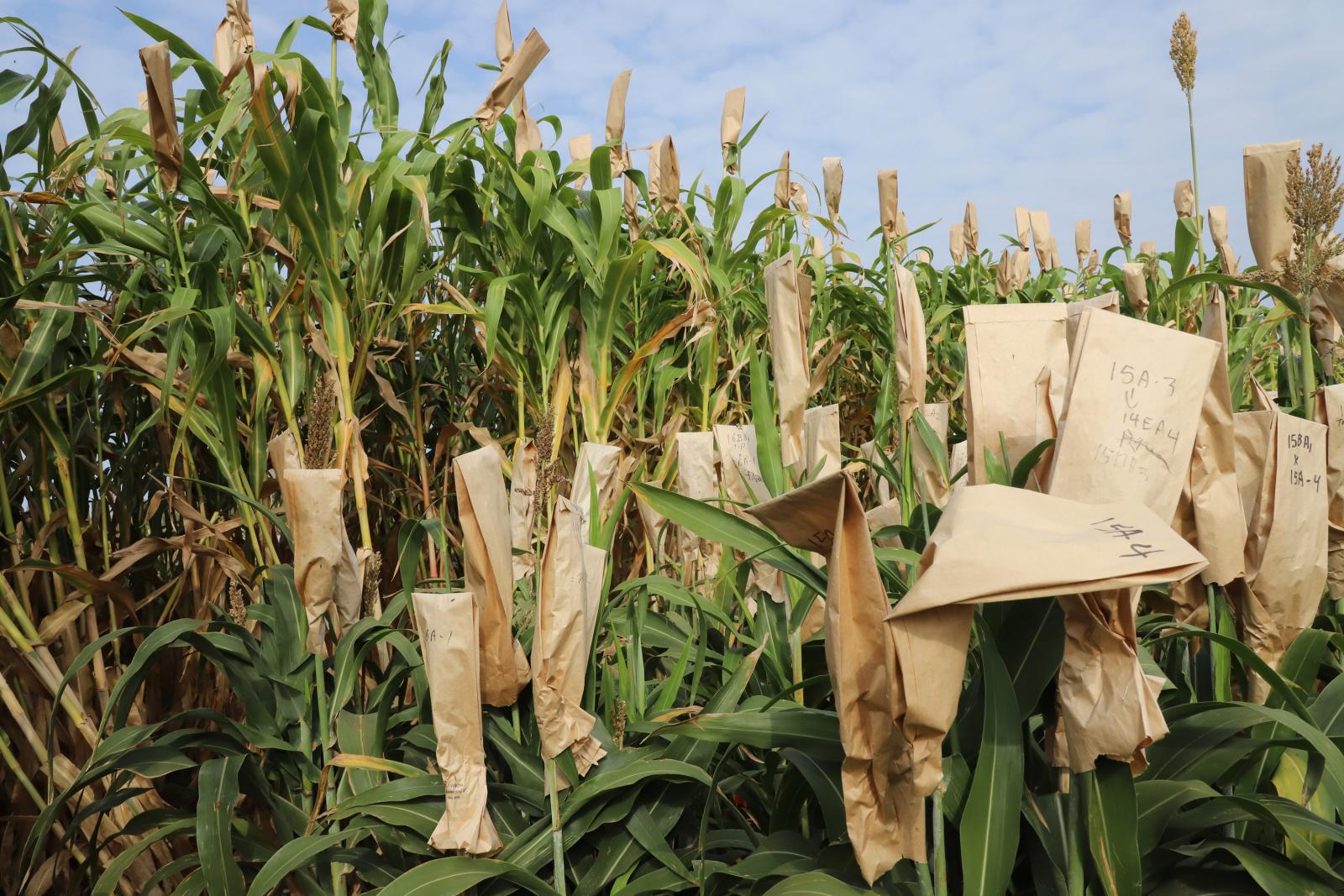The course requires weekly live Zoom sessions and all students must participate. Contact instructor with questions.
See "How Course is Taught" for more information.
Instructor(s): David Hyten
Offered: Fall (odd-numbered years)
Number of Credit Hours: 3
Prerequisites: AGRO/HORT/TLMT 215 or BIOS 206 or other introductory genetics course.
Description: Advanced Crop Genetics and Genomics explores cutting-edge genomic technologies and how they are applied to understand and improve agriculturally important traits in crops. This course covers topics such as genome-wide association studies (GWAS), RNA sequencing, chromatin structure, gene editing (CRISPR/Cas9), mutation breeding, and functional genomics. Emphasis is placed on interpreting primary literature, comparing genetic and genomic characteristics across major crop species, and understanding how modern tools are used in genetics and genomics discovery.
Who should take this course: This course is designed for graduate students pursuing careers in plant breeding, genetics, or biotechnology who seek to strengthen their expertise in genomic tools and their practical application in crop genomics discovery and improvement.
Why take this course: This course will sharpen your ability to critically evaluate genomic studies, extract meaningful insights from the latest research, and apply cutting-edge methodologies to real-world crop breeding challenges. This course provides a foundation to navigate and critically evaluate the continually evolving field of crop genomics through primary literature.
How course is taught: The course combines pre-recorded lectures with weekly live Zoom sessions for paper discussions and interactive exploration of genomic methods. Online students fully participate in class discussions and will attend scheduled, synchronous class time sessions via Zoom. **Please contact instructor directly for questions about conflicts with the scheduled synchronous discussion sessions.**
Learning outcomes: By the end of this course, students will be able to:
- Analyze and present key findings from current scientific literature in crop genomics.
- Describe key genomic differences between major row crops.
- Understand cutting edge genetic and genomics techniques and how they are applied in crop genetics and genomics discovery.
- Engage in scientific discourse and apply critical thinking to evaluate experimental design, results, and significance.
